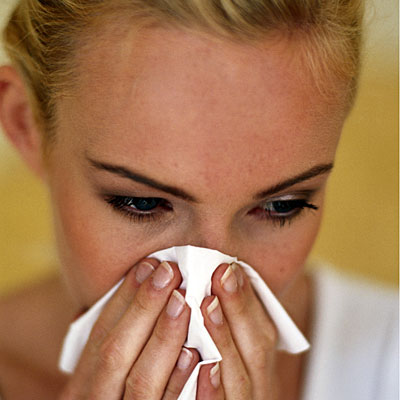
On the surface of things, the cause of sinus trouble is clear. Teeny holes that connect your nasal passages to your sinuses (basically a collection of hollow, moist cavities that lurk beneath your nose, eyes, and cheeks) get blocked. Then gunk builds up in your sinuses, germs may grow, and you feel, well, hideous.
But the cause of the blockage is sometimes trickier to figure out. Here are 13 things that can cause an acute sinus infection (the most common type) and, in some cases, lead to a chronic sinus infection.
Viruses
Most sinus infections start
with a cold. Colds are caused by a virus, which can make nasal tissue
swell, blocking the holes that normally drain sinuses.
If your sinus infection is caused by a virus, antibiotics won’t help since these drugs kill only bacteria. Your symptoms will probably get better after about a week or so. A decongestant can help, but don’t use it for more than four or five days to avoid becoming dependent.
The best defenses against these sinus infections are the same things that protect against colds and the flu. In other words, get a flu shot, wash your hands, and don’t chill with the visibly ill.
If your sinus infection is caused by a virus, antibiotics won’t help since these drugs kill only bacteria. Your symptoms will probably get better after about a week or so. A decongestant can help, but don’t use it for more than four or five days to avoid becoming dependent.
The best defenses against these sinus infections are the same things that protect against colds and the flu. In other words, get a flu shot, wash your hands, and don’t chill with the visibly ill.
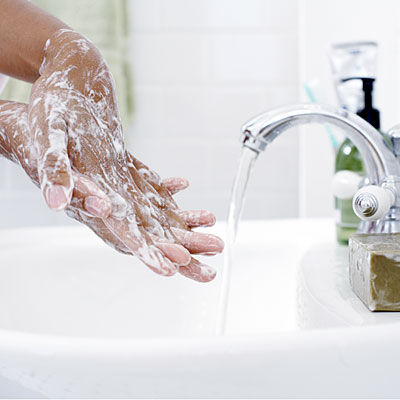
Allergies
Because inflammation can block the nasal passages and prevent draining, allergies are often associated with sinus infections. In fact, studies have shown that people with sinus infections who have allergies tend to have more extensivIe sinusitis.If you’re prone to allergies or hay fever, avoid things that trigger allergic reactions, such as dust mites, pet dander, mold, and cockroaches. Prescription or over-the-counter antihistamines and prescription nasal sprays can reduce chronic inflammation in the sinuses and nasal lining.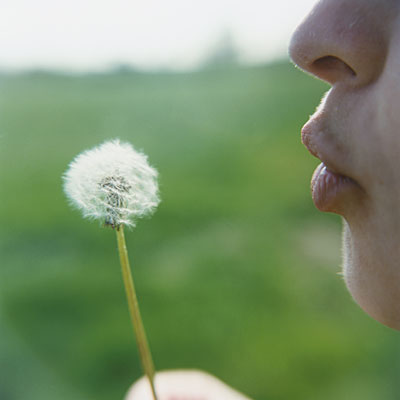 kk
kkBacteria
If a cold does not resolve in 10 to 15 days, bacteria may have joined the party.Bacterial infections rarely jump-start sinus infections, but they are almost always the cause of complicating, secondary infections, These bacteria lurk in healthy people; they’re waiting for the right circumstances to grow. Take a decongestant during a cold to avoid those circumstances. If you do develop bacterial sinusitis, you can treat it with antibiotics.
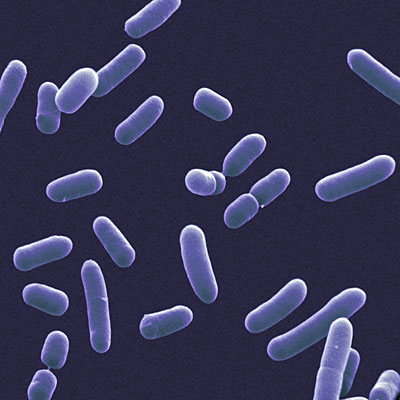 k
kPolyps
Nasal polyps are small, benign
growths that develop from nose or sinus tissues and can cause the sinus
cavities to become blocked, preventing mucus from draining and leading
to sinus infection. These little gems can also restrict airway passages,
which can in turn trigger headaches.
Chronic allergies can cause long-term swollen and scarred areas of the nasal passages and polyps, according to Dr. Hueston. People with nasal polyps often have a decreased sense of smell.
Polyps are treated with nasal steroid sprays or a short course of oral steroids, and if steroid treatments don’t work, surgery may be necessary.
Chronic allergies can cause long-term swollen and scarred areas of the nasal passages and polyps, according to Dr. Hueston. People with nasal polyps often have a decreased sense of smell.
Polyps are treated with nasal steroid sprays or a short course of oral steroids, and if steroid treatments don’t work, surgery may be necessary.
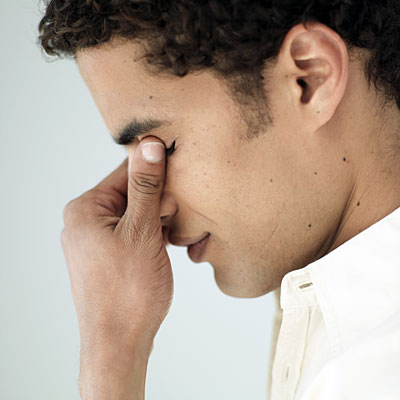 jj
jjIrritating pollutants
Allergens and pollutants in the air—like dust, outdoor air pollution, and strong odors like perfume—may contribute to coughing, irritate your nose, and cause inflammation that can increase your risk of sinusitis,
Avoid these irritants as much as possible to reduce the occurrence of
sinus infections, particularly if you suffer from allergies or asthma.
An air purifier may also reduce pollutants in the air.
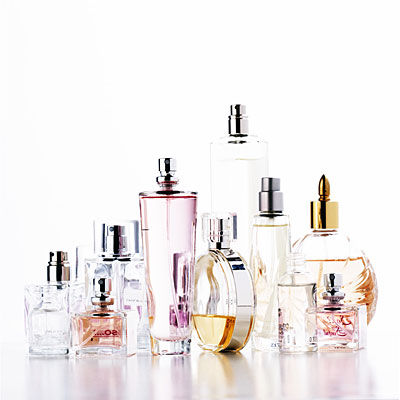
No comments:
Post a Comment